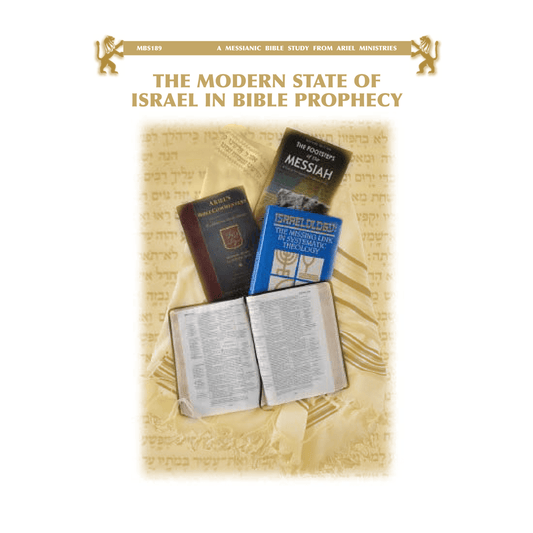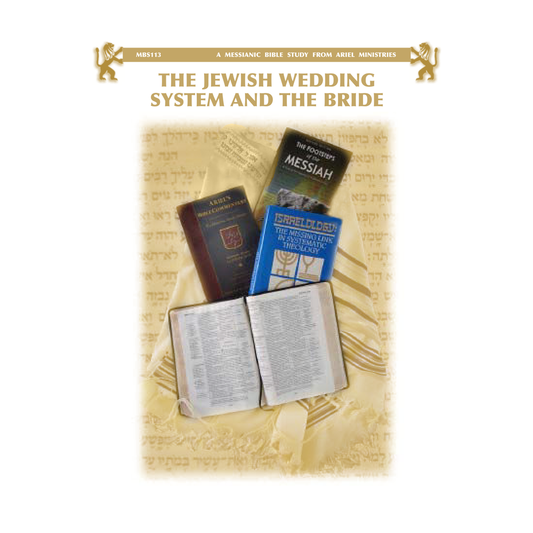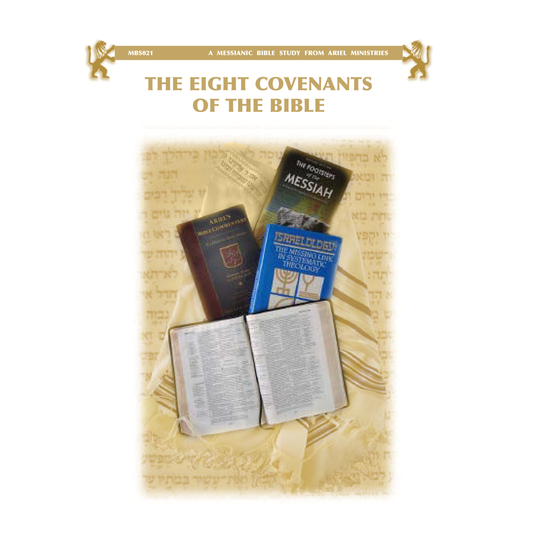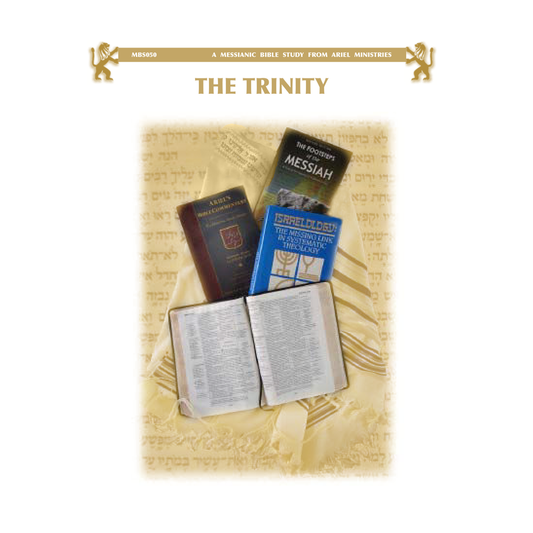Was Messiah actually in the tomb for three days and three nights?
[Here is the full text of the QUESTION from the reader:]
I have always heard that Messiah died on Friday afternoon before sundown and rose on Sunday before dawn. But if this is true, how could Yeshua say in Matthew 12:40 he would be “three days and three nights” in the grave, because Friday night to Sunday morning is only about 36 hours, not a full 72 hours?
Here is Arnold’s ANSWER:
In Jewish reckoning, part of a day accounts for the whole day, all twenty-four hours of it, both the day and the night of it. Actually, the Gospels have three statements that appear contradictory in Gentile reckoning of time but not in Jewish reckoning of time.
Sometimes Jesus said He would rise “on the third day”. Sometimes He said He would rise “after three days”. Jesus also used the expression “three days and three nights”. All three statements are in the same Gospel so it is not merely a variation among the Gospel writers. These would be contradictory expressions in Gentile reckoning of time but not in Jewish reckoning where part of the day counts for the whole day.
He did rise “on the third day” because Friday before sundown was the first day, Saturday was the second day, and Saturday evening when three stars became visible was the beginning of the third day, Sunday. Because part of Sunday counts as all of Sunday, He also rose “after three days”. And the phrase “three days and three nights” refers to any period of time that touches three days, because part of a day counts for the whole day, both the daylight and night time of it. For example in Esther 4:16, Esther tells the people to fast for three days and three nights and after these three days of fasting she will then go see the king. Left to itself that might imply that a three full twenty-four hour fast, and on the fourth day she will see the king. However, in Esther 5:1, it is on the third day that she goes to see the king and there is no way to squeeze three twenty-four hour periods from that passage, nor is it necessary in light of Jewish reckoning.





